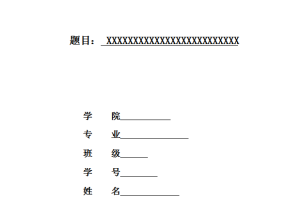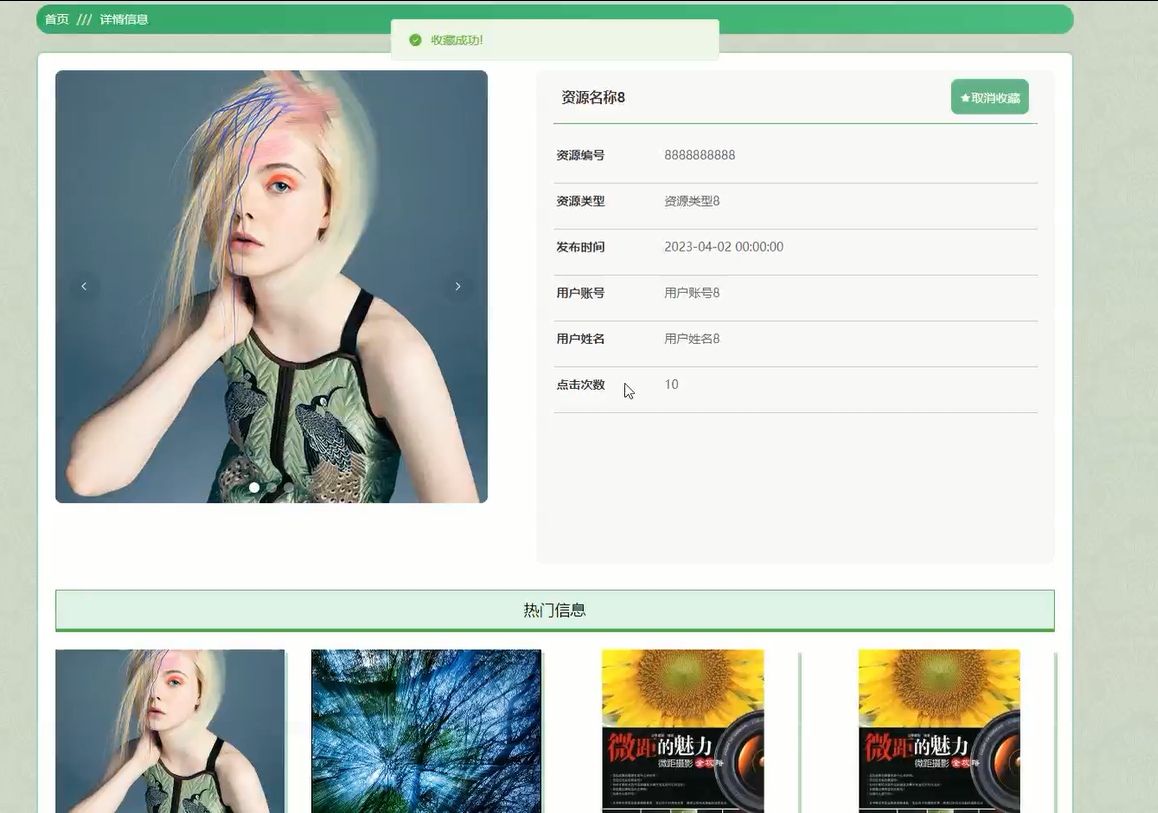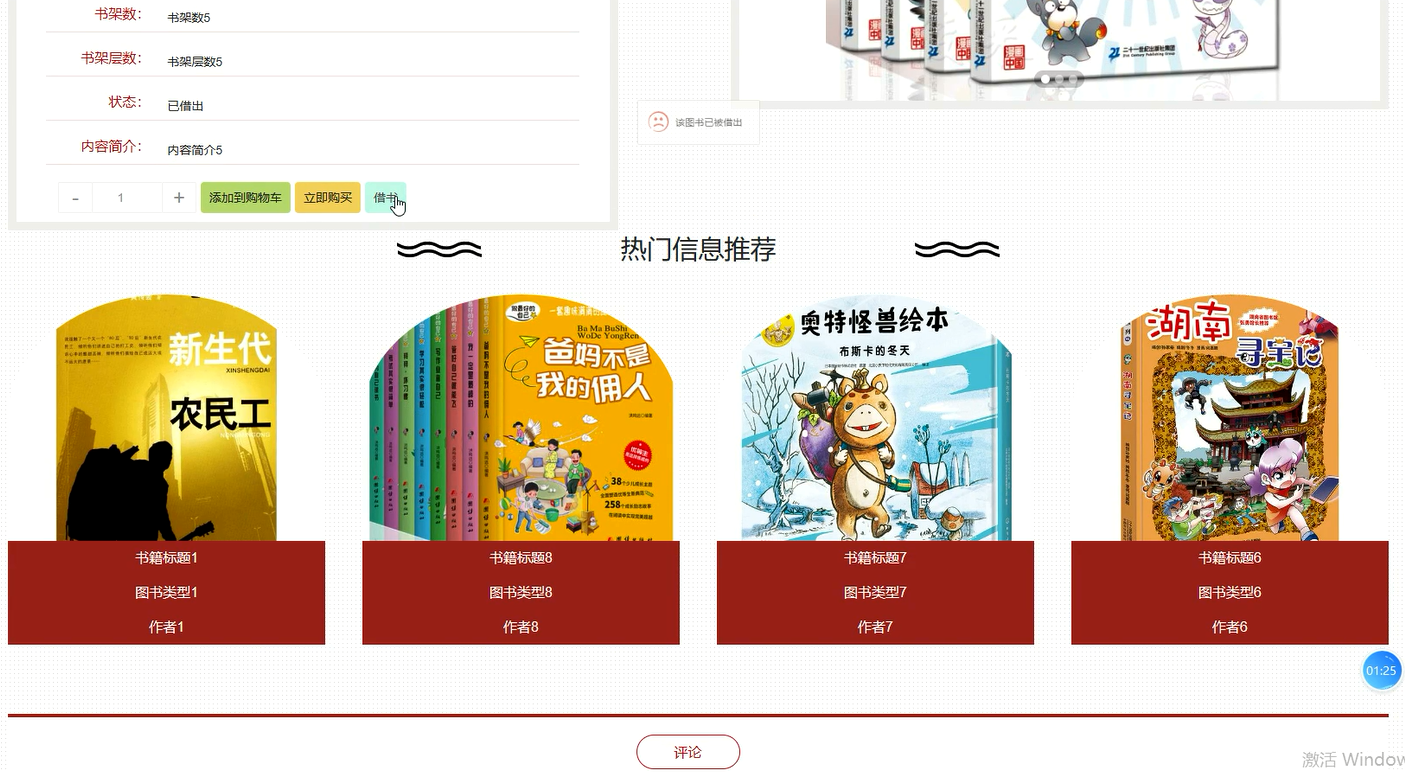Abstract
Abstract: Classical Chinese poetry, the gem of the Chinese culture and civilization with a long history of three thousand years, is a unity of sound, form and sense. Yet the translated versions usually cannot carry the equal effect and beauty of the original due to the translators’ lack of skill, the differences between the Chinese language and the English language and the inherent differences of cultures and civilizations between the two nations. A poetry translator should not be satisfied with the mere conveying of the original meaning to the target language, but must strive for the preservation and reproduction of the original beauty in sound, form and sense to the utmost degree so as to best bring out the artistic and musical beauty of the original. In this essay, account is given to each of the three aspects, namely, beauty in sound, beauty in form and beauty in sense separately. Beauty in sound mainly consists of beauty in rhythm and beauty in rhyme; beauty in form refers to the regularity of length of poem lines and the syllables each line contains; beauty in sense, the most important element of a poem, lies in the faithfully and artistically conveying of the meaning of the original, which requires the translators’ grasp of the classical Chinese literary history and thorough understanding of the context of the original. On this point, the author further divides her argument into four parts. The first part is about several ridiculous English versions of the famous immortal line “烟花三月下扬州“ of Tang poet Libai ; The second part is on the translation of “puns”. To illustrate this point, the author takes two Tang poems as examples, they are respectively Li Shangyin’s “…春蚕至死丝方尽…” and Liu Bingxi’s “…道是无晴却有晴…”; the third part focuses on the translation of narrative poetry and the author selects the mistaken translations of three lines of Bai Juyi’s 《长恨歌》as examples and gives analyses on the mistakes made; The fourth part is about poetry translations that irritate controversial comments. Last but not least is the conclusion of this dissertation, the author unites the three aspects given before into a unity and claims that a good poetry translation should be the preservation and reproduction of the three aspects of the original. Yet due to the formidable barriers in achieving this perfection, sometimes it’s inevitable to sacrifice one aspect for another less important.
Key words: classical Chinese poetry beauty in sound beauty in form beauty in sense
摘 要
中国古诗有着三千年历史,是中华民族与文化的精华,它是声、形、意三者的和谐统一。然而,由于译者的翻译水平有限,中文与英文的差异以及两国之间的文化与文明的不同,翻译过的诗歌往往难以传达与原诗同等的效果与美感。一名诗歌译者不应仅仅满足于把原诗的意思完整传递到译文中,而必须尽量把原诗的音、形、意美保持与再创造到最大程度以便能最大程度地传递原诗的美感。在本文中,作者对音美、形美、意美这三个方面分别进行了论述。音美主要指节奏美与压韵美;形美指的是诗段的长短与每段诗句所含音节数量的规律性;意美,诗歌最重要的元素,指的是忠实并灵活地传递原诗的意思——这就要求译者对中国古代文学历史知识的掌握与对原诗上下文意思的透彻理解。在阐释这一点上,作者把她的论据又细分为四部分:首先,第一部分是有关李白的著名诗句“烟花三月下扬州”的几种谬译;第二部分是对“双关语”的翻译,为了分析这一点,作者举了两首唐诗作为例子这两首唐诗分别为李商隐的“……春蚕至死丝方尽……”与刘丙锡的“……道是无情却有情……”;第三部分集中在叙事诗的翻译上面,作者选择了白居易的《长恨歌》中三个诗句的谬译作为例子并对这些谬译进行了分析;第四部分是对引起争议的著名诗歌译文的剖析与见解。最后在文章的结尾处,作者把之前论述过的三个方面结合为一体并指出一则好的诗歌译文应该是对这三者的保留与再创造。然而,由于追求完美过程中难以逾越的障碍,有时候为了某个方面而牺牲其它比较次要的方面是难以避免的。
关键词:中国古典诗歌 音美 形美 意美
Beauty in sound, form and sense in
Poetry Translation
—— Translation of Classical Chinese Poetry From
Chinese to English
(外语系 黄晓波 指导教师 张宏武)
4.1 False translation of a famous line. 12
4.3 Translation of narrative poetry. 15
4.4 Contemporary on poetry translation that incurred controversial comments. 16





